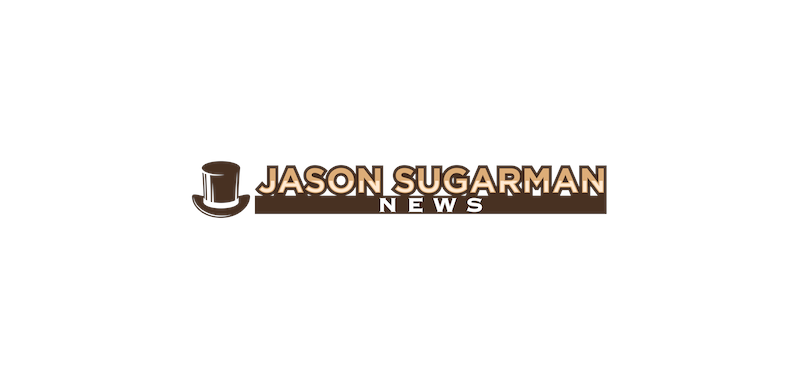Revised survey data indicate that the UK’s private sector economy scraped only marginal growth last month, prompting fresh warnings that conditions are verging on stagnation.
The final composite purchasing managers’ index (PMI) from S&P Global, covering both manufacturing and services, slipped to 50.8 in November from 52 the previous month, hitting its weakest level in over a year.
The new reading, though subdued, came in stronger than an earlier “flash” estimate of 49.9, suggesting that UK output did not contract after all. Any figure above 50 indicates that economic activity is expanding. Rob Wood, chief UK economist at Pantheon Macroeconomics, welcomed the upward revision, noting that it offered a measure of encouragement.
Nevertheless, the data underscore deepening uncertainty across British business. Companies reported mounting concerns over the policy measures introduced in the autumn budget, including higher taxes and rising employment costs. Rachel Reeves, the Chancellor, added 1.2 percentage points to employers’ national insurance contributions in October, a £25 billion tax increase on UK companies. She also lifted the minimum wage and tightened workers’ rights, changes that many businesses say will weigh on hiring and salary decisions.
Tim Moore, economics director at S&P Global Market Intelligence, said: “Worries about the impact of policies announced in the autumn budget, in particular those pushing up employment costs, were widely reported as leading to a gloomier assessment of business investment prospects and the broader UK economic outlook.”
Firms in the services sector were especially downbeat, recording their most pessimistic outlook since late 2022. Rising payroll costs, including the more expensive national insurance contributions, have dented consumer demand and led companies to scale back projects.
Meanwhile, manufacturers struggled to hold their ground. The manufacturing PMI fell to 48 in November from 49.9, well below the neutral 50-mark, while the services PMI eased to 50.8 from 52, its slowest pace of growth in over a year. Moore added: “Weaker sales pipelines, cutbacks to new projects and more caution among clients were all cited as having an adverse impact on service sector output.”
Although the Bank of England has lowered interest rates to 4.75 per cent, borrowing costs remain historically high. This elevated rate environment, coupled with rising costs for essentials, has squeezed household finances and subdued business investment. The result, analysts say, is a fragile economy on the cusp of reversing course if uncertainty and cost pressures continue to mount.

